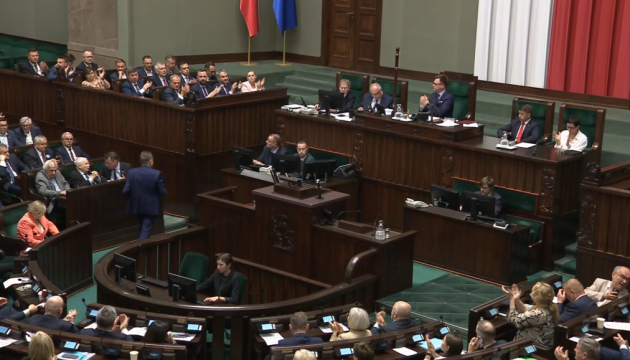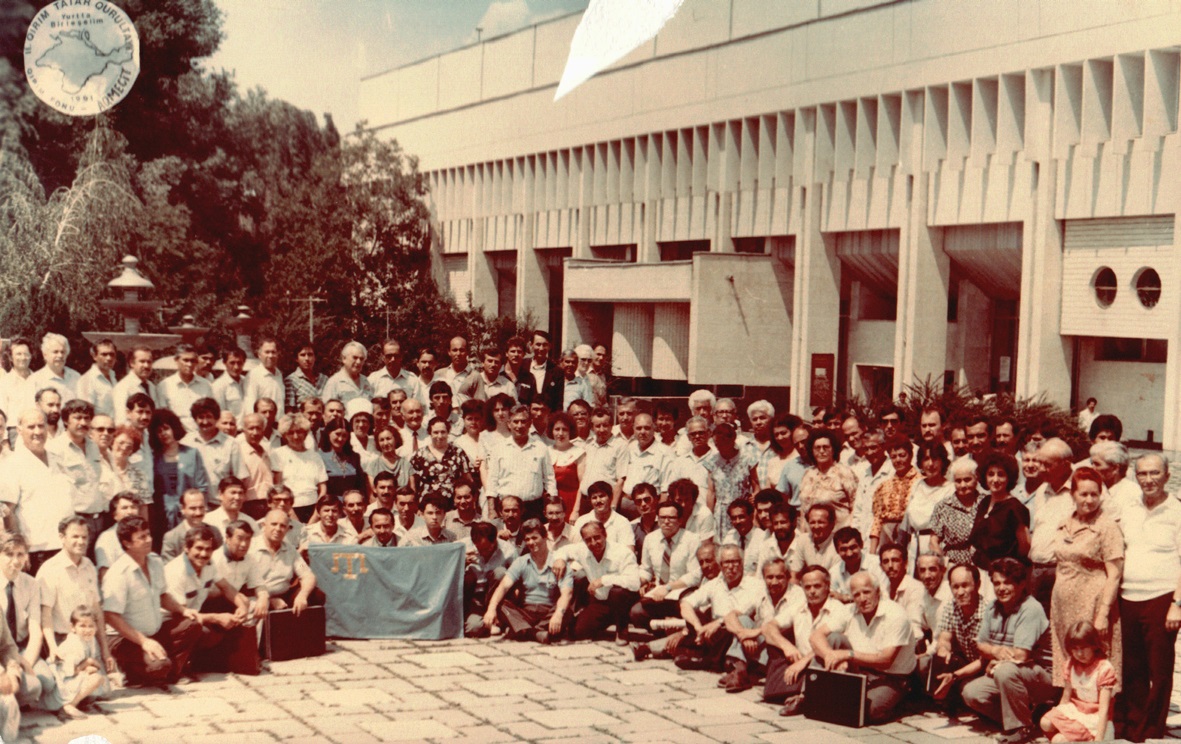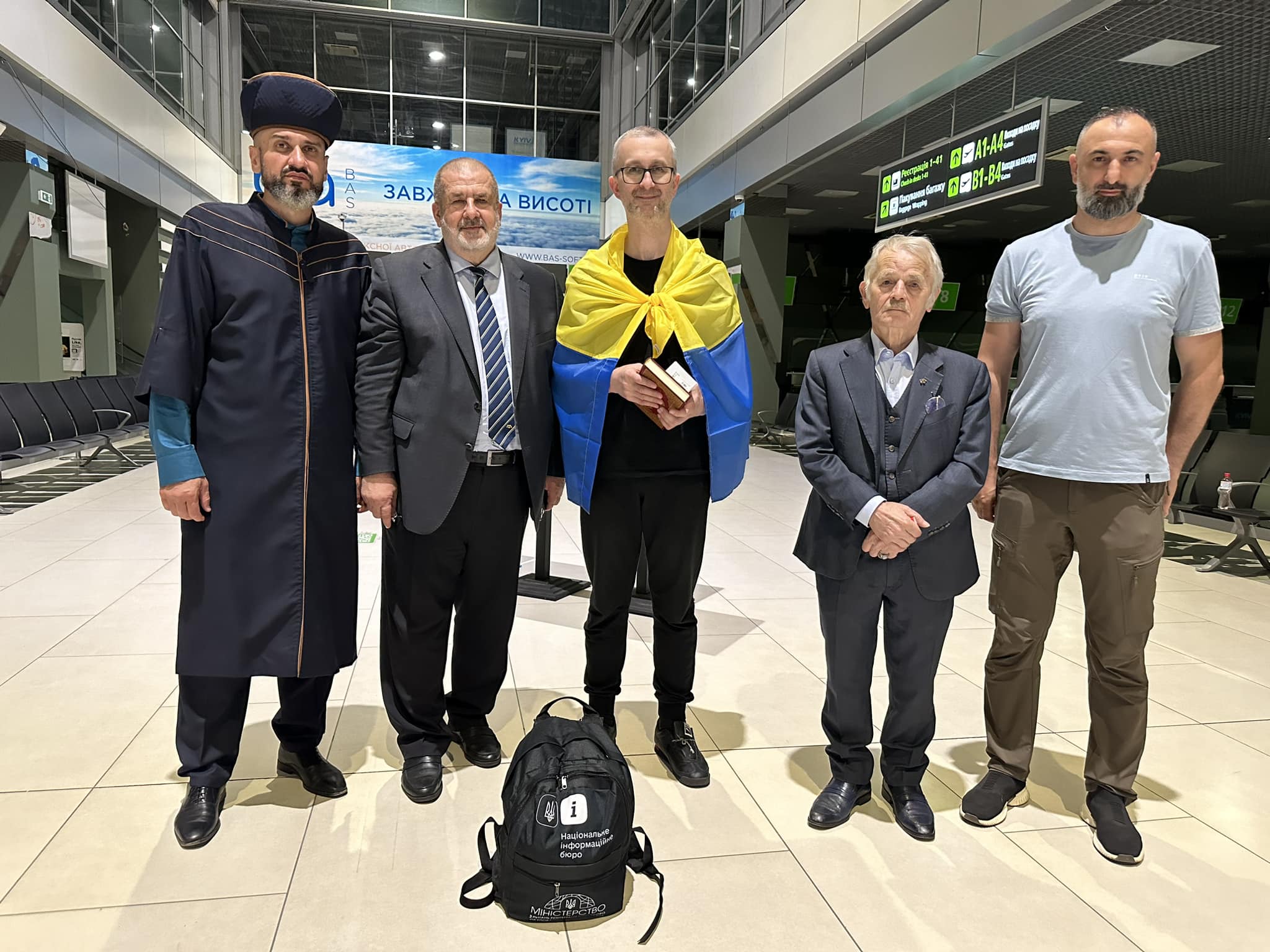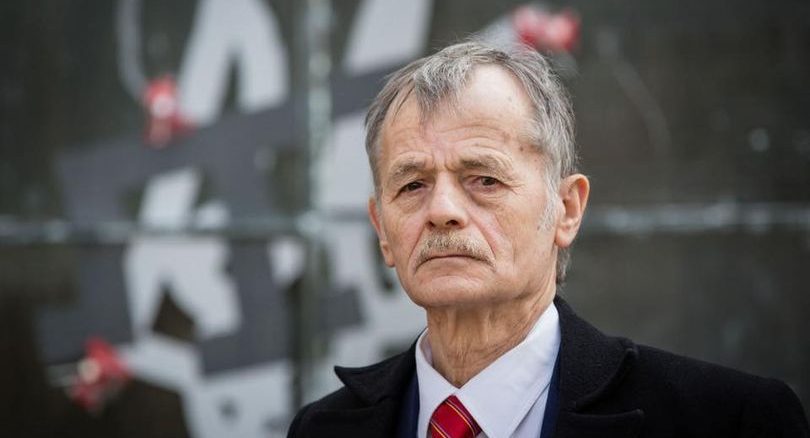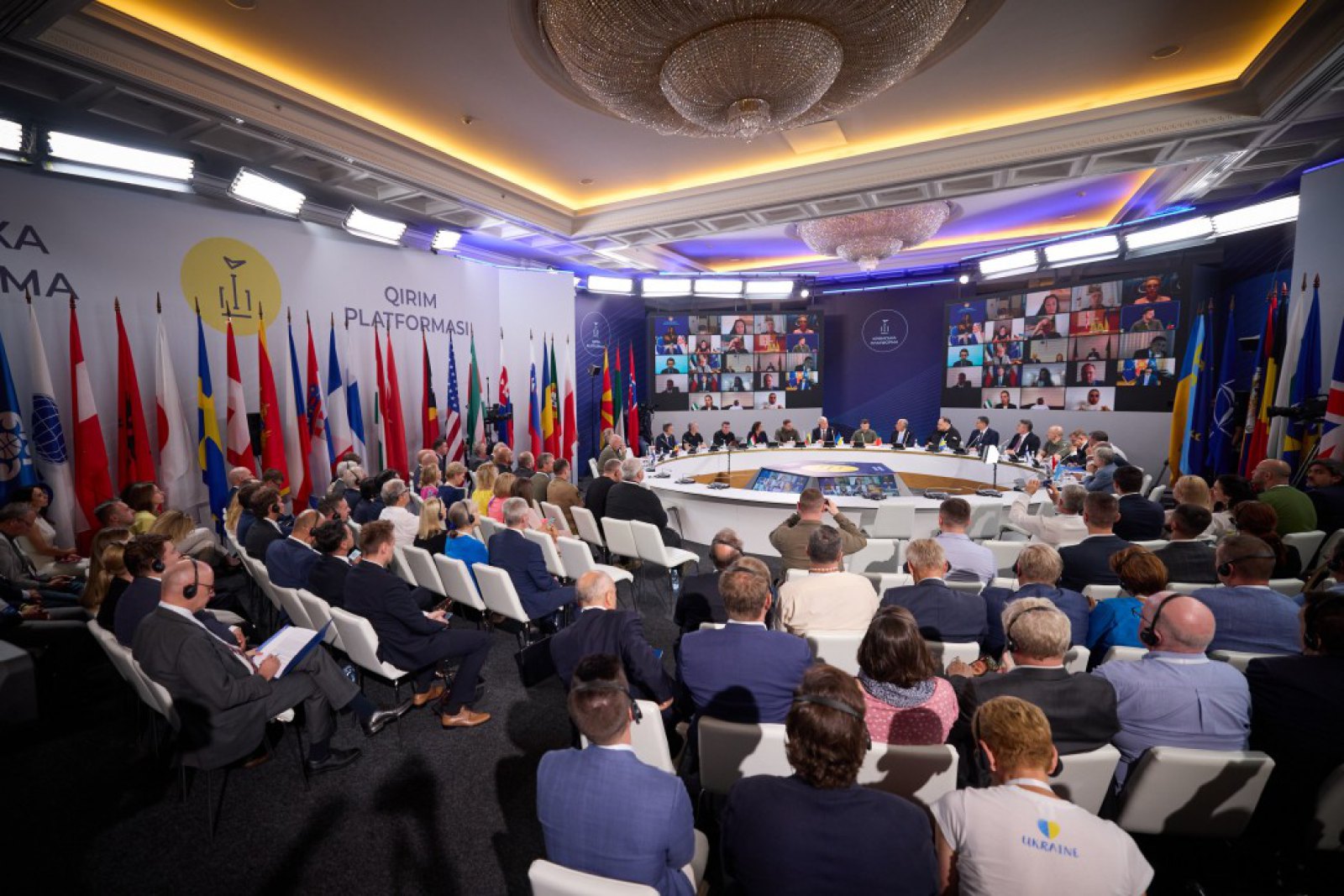Well-known Ukrainian Dissident Leonid Plusch Supported Idea of International Conference of Soviet Human Rights Advocates
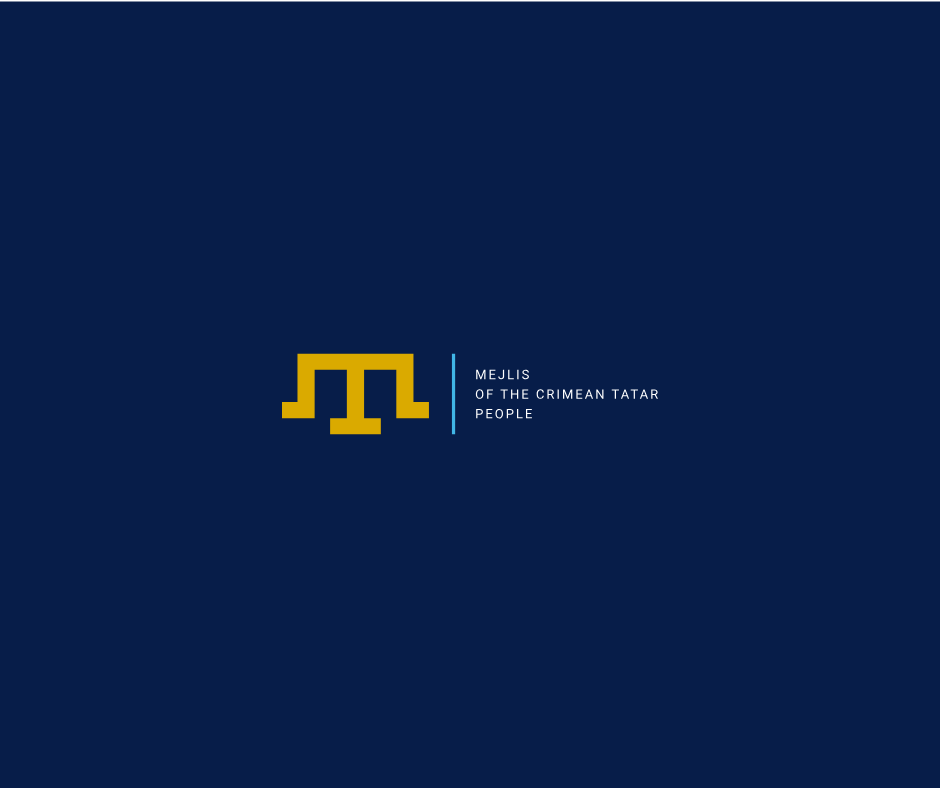
The famous Ukrainian dissident Leonid Plusch, living in France supported Mustafa Jemilev’s initiative and addressed the participants of the mourning events in Crimea with the letter, as well as other human rights advocates who won’t be able to be with us today for reasons beyond their control.
Please, find bellow Leonid Plusch’s letter
To the participants of the mourning meetings on May 17-18, 2012 in Crimea
Dear friends!
I am deeply touched with the invitation of Mejlis and its Chairman Mustafa Jemilev to take part in the mourning events on May 17-18, dedicated to the memory about the genocide of the Crimean Tatar people.
The deportation of peoples makes the Communist Soviet regime similar to the Nazi one. Not accidentally, the accusation of the whole people in collaboration with Nazis became the pretext for this crime. Crimean Tatars were punished by Stalin for one of the major Stalin’s crimes – agreements with Hitler that freed the aggressor’s hands, unleashed the WW2. As a result the absurd accusation of the people in betrayal of the Homeland leaded to the exile from their real Homeland.
Today when Crimean Tatars have partly returned to their land and are restoring their autonomy in the framework of the formally democratic and independent Ukraine, I’d like to recall one more crime of the Soviet regime that closely related to the war and deportations. It is Holodomor of 1932-1933 – the genocide of Ukrainian peasants. It didn’t just take millions of lives, but promoted Hitler’s coming to power and freed his hands for all his subsequent crimes and the subsequent crimes of the communists. The deportations of peoples were the logical end of Holodomor, revealing the ethnic essence of the social repressions and class struggle…
We have to demand that all the forms of genocide were condemned on an international level, because omission of any of it makes the rest unpunished…
That is why back in 1968 on the evening, dedicated to Aleksey Kosterin General Grigorenko set forth the thesis before Crimean Tatars that they could be guided only by the international laws on genocide and apply to the International organizations with their demands.
Back in those times the cooperation of our peoples was outlined yet on a personal level. That is why Ayshe Seytmuratova later entered the Foreign Representation of Ukrainian Helsinki Group.
I recall the visits of the representatives of Crimean Tatars to Kyiv, Zampira Asanova, in particular. In that time the Crimean Tatar movement was an example as for its mass, large-scale participation, discipline, courage, self-control and wisdom… Crimean Tatars represent such example even today, despite the numerous provocations of Russian and Ukrainian chauvinists, agent work of FSB, and foreign extremists. All the attempts to split Crimean Tatars failed both in Brezhnev’s period, Gorvachev’s and today when Russian communists’ chauvinism and “Cossacks” also joined Ukrainian provocateurs under the pretext of fighting against Tatar extremism and basing on FSB Cossacks myth about the ceremonial murder, proposing to cancel the Crimean autonomy.
The paradox is that, unfortunately today’s Crimean autonomy is really sick. It was created in the past due to the fighting of the Crimean Tatar people for their statehood. It was created proceeding from the national needs of the indigenous people of Crimea. Unfortunately, in the restored autonomy the priority rights of the indigenous people and other distinctive nations that were deported from Crimea were ignored. That is why the demands of the national-territorial autonomy are a logical consequence of the demand to recognize the deportation as genocide.
The chauvinistic Moscow propaganda threatens with Crimea as Ukrainian Chechnya. It accuses Crimean Tatars and Ukrainian nationalists of it. The fact is that Crimean Tatars are the stabilizing beginning in Crimea. The same beginnings are the traditions of Grigorenko, Rukh of Perestroika period, cooperation between Crimean Tatar and Ukrainian MPs – dissidents in the Verkhovna Rada. I’d like to remind you about the participation of Crimean Tatars in UPA military units, as well as their delegations in the Conference of Enslaved Peoples of the Eastern Europe and Asia, called by OUN-UPA in 1943 in order to unite the forces to oppose both totalitarian regimes.
That is why I wish us all the realistic, practical cooperation, aimed at the democratization of Ukraine.
Leonid Plusch, the former Soviet political prisoner, member of the Initiative Group, protecting human rights in the USSR and Foreign Representation of Ukrainian Helsinki Group.
May 15, 2012
France
